Aggression
Recent articles
Vasopressin boosts sociability in solitary monkeys
Inhaling the hormone did not increase aggression in unsociable rhesus macaques and appears to help the animals remember faces and reciprocate friendly behaviors.
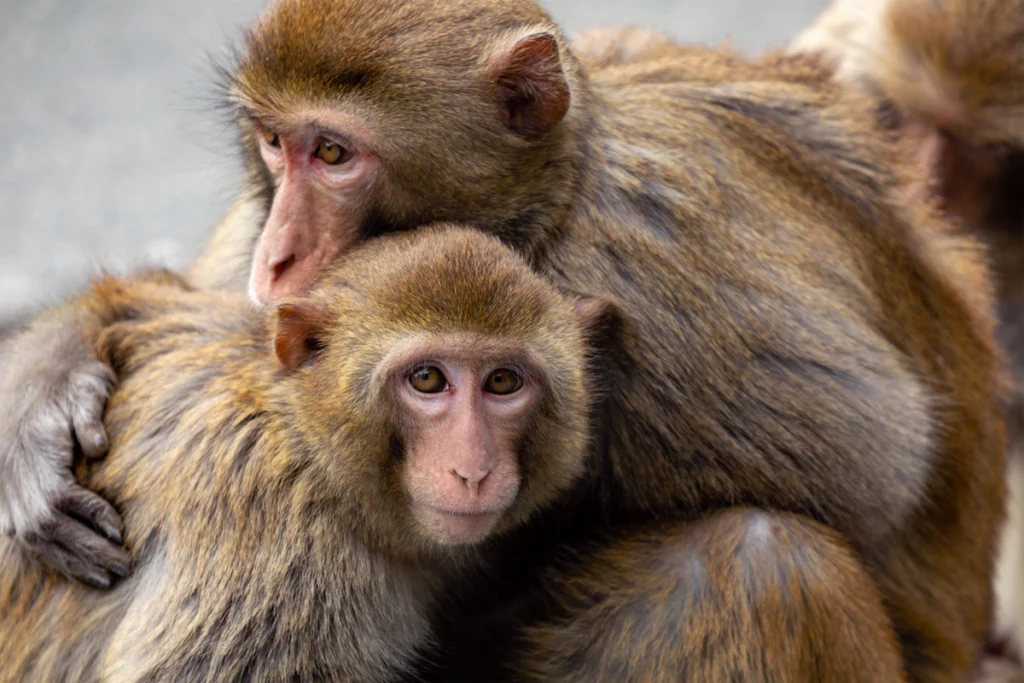
Vasopressin boosts sociability in solitary monkeys
Inhaling the hormone did not increase aggression in unsociable rhesus macaques and appears to help the animals remember faces and reciprocate friendly behaviors.
Synaptic changes shape winning mice into bullies
When a mouse repeatedly defeats its opponents, brain circuits that underlie aggressive behaviors develop more stable connections, helping to ensure continual triumph, a new study shows.
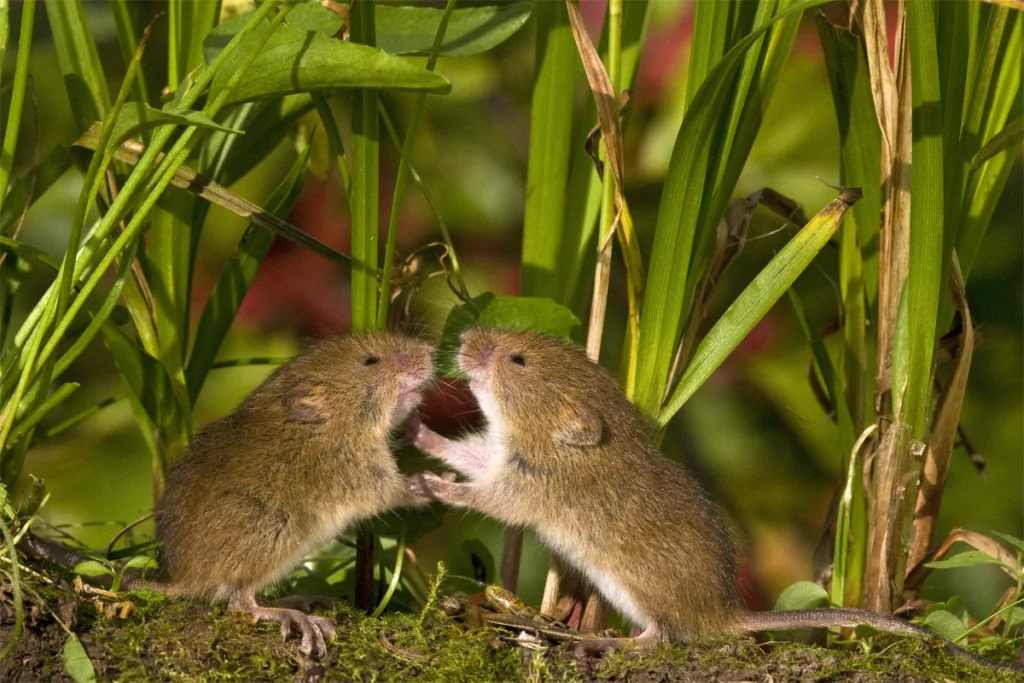
Synaptic changes shape winning mice into bullies
When a mouse repeatedly defeats its opponents, brain circuits that underlie aggressive behaviors develop more stable connections, helping to ensure continual triumph, a new study shows.
Pinning down ‘profound autism’ for reliable research: Q&A with Matthew Siegel
A clear and actionable definition for the term could enhance research and improve care, Matthew Siegel says.

Pinning down ‘profound autism’ for reliable research: Q&A with Matthew Siegel
A clear and actionable definition for the term could enhance research and improve care, Matthew Siegel says.
Crowdsourcing to curb aggression in autism: Q&A with Matthew Goodwin
To accelerate the development of real-time behavioral prediction technology, a research team is sharing data and seeking new collaborators.
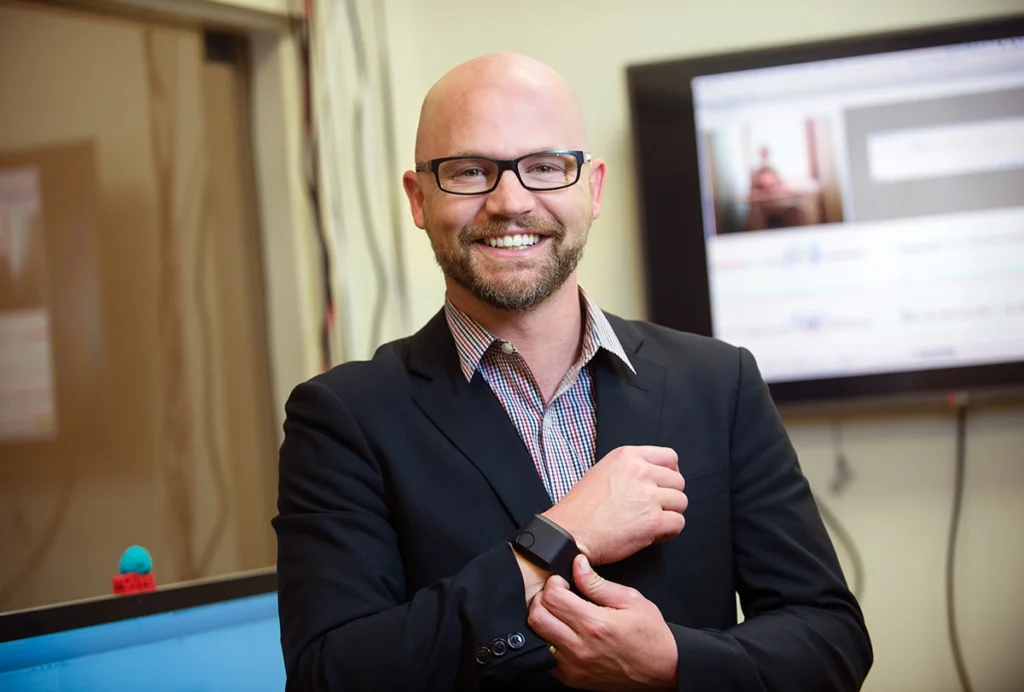
Crowdsourcing to curb aggression in autism: Q&A with Matthew Goodwin
To accelerate the development of real-time behavioral prediction technology, a research team is sharing data and seeking new collaborators.
Emotion dysregulation in autism with Carla Mazefsky
The director of the University of Pittsburgh’s Autism Center of Excellence talks about her new work investigating suicidality in autistic adults.

Emotion dysregulation in autism with Carla Mazefsky
The director of the University of Pittsburgh’s Autism Center of Excellence talks about her new work investigating suicidality in autistic adults.
Autism research at the crossroads
The power struggle between researchers, autistic self-advocates and parents is threatening progress across the field.
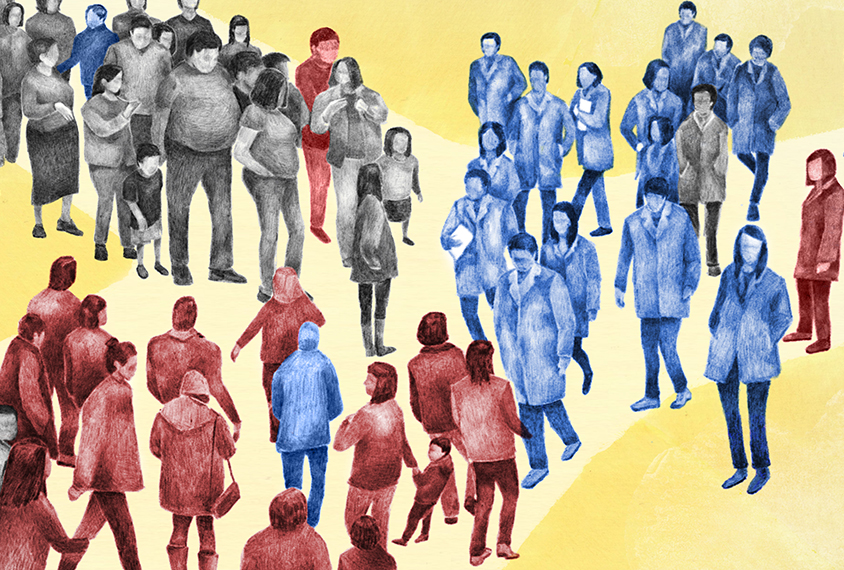
Autism research at the crossroads
The power struggle between researchers, autistic self-advocates and parents is threatening progress across the field.
Applied behavior analysis and autism: Flawed application of a proven science
The field of ABA needs more compassion and individualization.

Applied behavior analysis and autism: Flawed application of a proven science
The field of ABA needs more compassion and individualization.
New program offers $35K grants to study ‘profound autism’
People who have ‘profound autism’ — those with severe intellectual disability, limited communication abilities or both — tend to be excluded from research. The Autism Science Foundation seeks to change that.
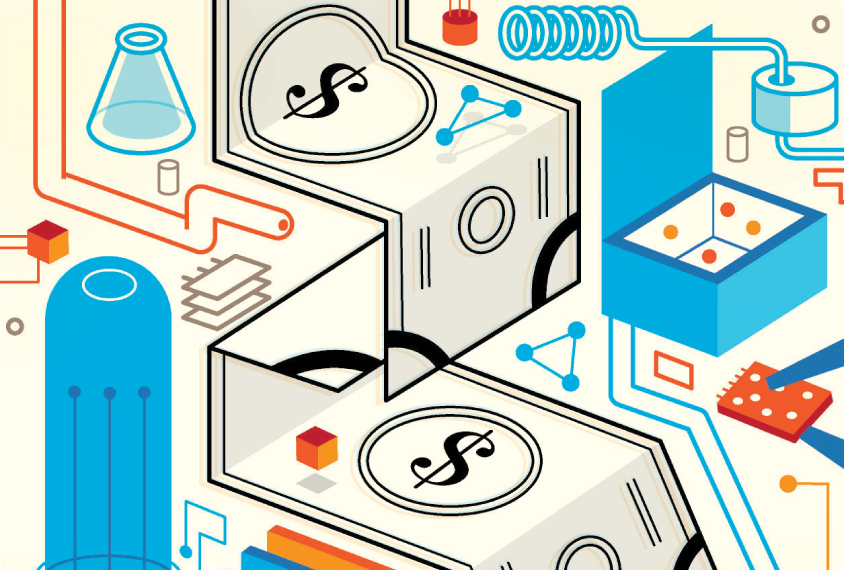
New program offers $35K grants to study ‘profound autism’
People who have ‘profound autism’ — those with severe intellectual disability, limited communication abilities or both — tend to be excluded from research. The Autism Science Foundation seeks to change that.
Fever doesn’t ease challenging traits in most autistic children
The findings contradict a previous study, whose design may have been biased to find an effect.
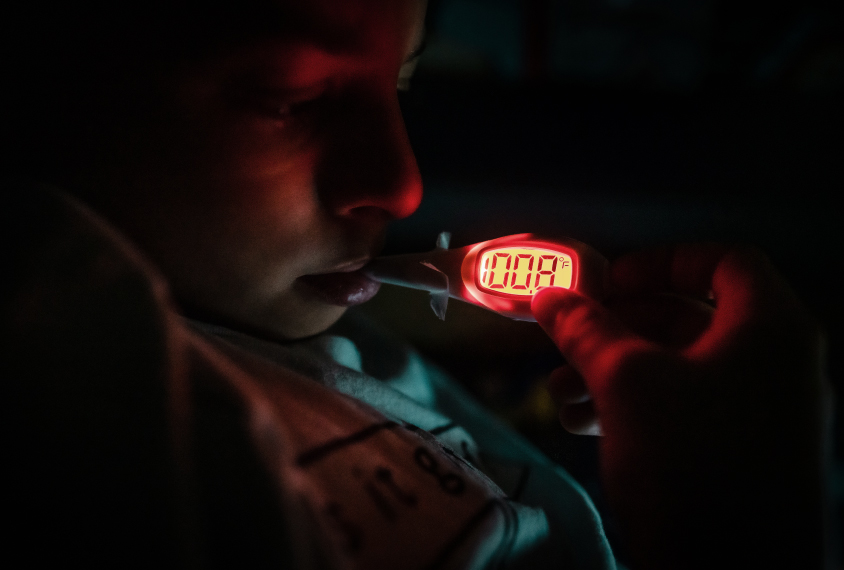
Fever doesn’t ease challenging traits in most autistic children
The findings contradict a previous study, whose design may have been biased to find an effect.
Moving for autism care
Disparities in state services for autism are driving families to relocate. But not everyone can afford to move, and others find that their new home also has faults.
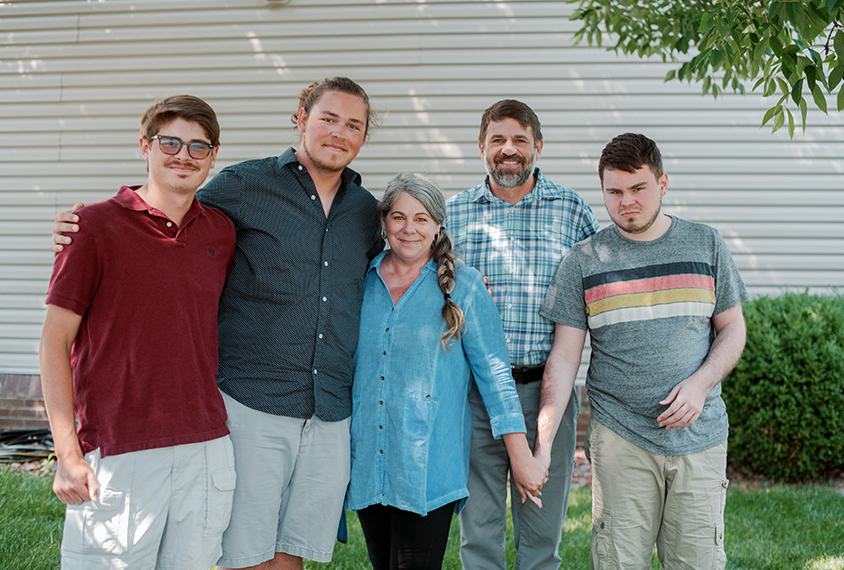
Moving for autism care
Disparities in state services for autism are driving families to relocate. But not everyone can afford to move, and others find that their new home also has faults.
Explore more from The Transmitter
Five things to know if your federal grant is terminated
If you want to appeal the decision, know the rules that govern terminations, as well as the specific rationale given in your notice, science policy experts say.

Five things to know if your federal grant is terminated
If you want to appeal the decision, know the rules that govern terminations, as well as the specific rationale given in your notice, science policy experts say.
It’s time to examine neural coding from the message’s point of view
In studying the brain, we almost always take the neuron’s perspective. But we can gain new insights by reorienting our frame of reference to that of the messages flowing over brain networks.
It’s time to examine neural coding from the message’s point of view
In studying the brain, we almost always take the neuron’s perspective. But we can gain new insights by reorienting our frame of reference to that of the messages flowing over brain networks.
Autism traits, mental health conditions interact in sex-dependent ways in early development
Here is a roundup of autism-related news and research spotted around the web for the week of 31 March.

Autism traits, mental health conditions interact in sex-dependent ways in early development
Here is a roundup of autism-related news and research spotted around the web for the week of 31 March.